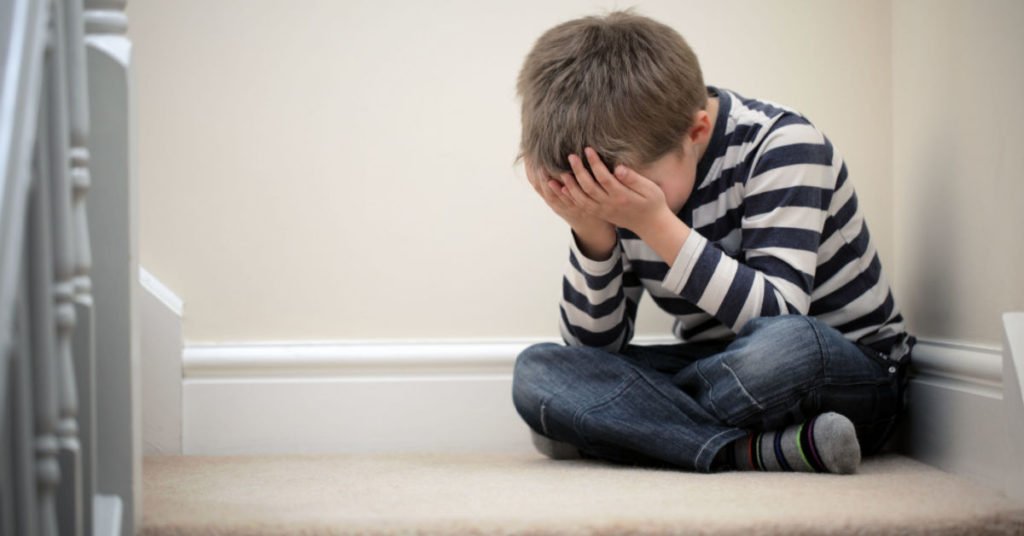The Challenges of Divorce and Childhood Trauma
Divorce is a complex and emotionally charged process that can profoundly impact children’s lives. While every divorce is different, one thing that many divorcing couples share is a concern for their children’s well-being. So, you may ask yourself, what do divorce and childhood trauma have in common?
Studies have shown that divorce can be a significant source of childhood trauma and affect children’s emotional and psychological development. In this article, we will explore how divorce can cause childhood trauma, and the steps parents can take to help their children cope.
What is Childhood Trauma?
Childhood trauma is a term that describes any experience that threatens a child’s emotional or physical well-being. Childhood trauma includes physical, emotional, or sexual abuse, neglect, and exposure to violence or conflict. Childhood trauma can have long-lasting effects on a child’s mental and physical health, including increased risk for mental health disorders like anxiety, depression, and post-traumatic stress disorder (PTSD).
How Does Divorce Cause Childhood Trauma?
Divorce is often a significant source of stress and disruption for children. The changes that come with divorce, such as moving to a new home, changes in routines, and relationships, can be challenging for children to navigate. Additionally, children may experience feelings of loss, grief, and abandonment due to the divorce.
Research has shown that children of divorce are more likely to experience emotional and psychological problems, such as anxiety, depression, and behavior problems, than children whose parents remain married. These issues can persist into adulthood, and children of divorce are also more likely to experience relationship problems later in life.
Steps Parents Can Take to Help Their Children Cope with Divorce
While divorce can be a challenging experience for children, there are steps that parents can take to help their children cope. The following are some strategies that parents can use to support their children during and after a divorce:
Maintain Honesty and Openness
Be honest and open with your children. Children can sense when something is wrong, and being honest with them about what’s happening is important. It’s also essential to reassure them that they are not to blame for the divorce and that both parents still love them.
Keep The Same Routines
Maintain routines as much as possible. Divorce can disrupt children’s lives, but maintaining consistent practices can help them feel more secure. This can include things like mealtimes, bedtime routines, and after-school activities.
Let Children Express Themselves
Provide opportunities for your children to express themselves. Always encourage your children to discuss their feelings and concerns about the divorce. Let them know it’s okay to feel sad, angry, or confused and provide a safe and supportive environment to express themselves.
Get Professional Help
Seek professional support. Consider seeking professional support for your children, such as counseling or therapy. This can help them work through their feelings and develop coping strategies.
Avoid Parental Conflicts
It’s essential to avoid putting your children in the middle of any dispute between you and your ex-partner. Preventing negative comments or criticism about your ex-partner in front of your children is crucial.
Foster Positive Relationships
Encourage your children to maintain a relationship with your ex-partner and support them in spending time together. This can help your children feel more secure and supported.
Divorce can be a challenging experience for both parents and children. However, by being aware of how divorce can cause childhood trauma and taking steps to support their children, parents can help minimize the negative impact of divorce. It’s important to remember that every family and every child is different, and what works for one family may not work for another. By staying attentive to their children’s emotional needs, seeking support when necessary, and maintaining a positive and supportive environment, parents can help their children navigate through this difficult time.
Get Help with Divorce and Childhood Trauma
If you are considering divorce and need professional guidance for divorce and childhood trauma issues or any other divorce questions and concerns, please get in touch with the Family Law Firm of Dalena & Bosch. Our caring, passionate, knowledgeable and experienced team of divorce attorneys is here to help you in the best way possible. Contact us here to schedule an appointment to discuss your situation and needs.
